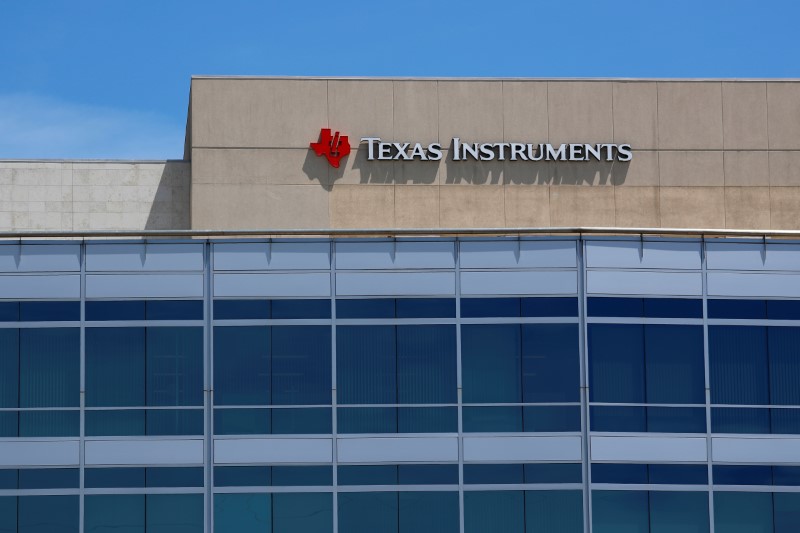Quiver Quantitative - Activist investor Elliott Investment Management has revealed a $2.5 billion stake in Texas Instruments (NASDAQ:TXN) (TXN), urging the analog chipmaker to enhance its free cash flow. In a letter to the company's board, Elliott proposed the introduction of a "dynamic capacity-management strategy," which it believes could enable Texas Instruments to achieve free cash flow of up to $9 per share by 2026. This move highlights Elliott's strategic push to optimize operational efficiency and shareholder value.
Texas Instruments has seen its free cash flow plummet by 77% to $1.47 per share in 2023, according to LSEG data. In response to Elliott's proposal, the company reiterated its commitment to substantial capital expenditures, with plans to invest approximately $5 billion annually through 2026. The chipmaker has also projected capital expenditure to constitute 10% to 15% of revenue in 2027 and beyond, as it aims to expand its manufacturing capabilities and support future revenue growth.
Market Overview:
- Elliott urges chipmaker to improve free cash flow through capacity management.
- Texas Instruments' free cash flow has dropped significantly in recent years.
- Elliott argues this expansion exceeds anticipated demand and proposes a "dynamic capacity-management strategy."
- Analyst estimates project lower revenue for Texas Instruments than the company's targeted capacity suggests.
- Texas Instruments' response to Elliott's recommendations remains to be seen.
- Success of Elliott's strategy could hinge on future demand for analog chips.
- Market will monitor Texas Instruments' capital expenditure plans and free cash flow generation.
Despite these ambitious plans, Elliott criticized Texas Instruments for building capacity "far in excess of expected demand," noting the company's targeted revenue capacity of $30 billion by 2026. This figure starkly contrasts with analysts' projections, which forecast revenues of $19.92 billion for the same year, as per LSEG data. The activist investor's concerns reflect broader market apprehensions about potential overcapacity and its impact on the company's financial health.
Demand for analog chips is beginning to recover after a prolonged slump caused by surplus inventory at automotive manufacturers and industrial customers. Texas Instruments' aggressive expansion strategy is seen as a double-edged sword—while it positions the company to capitalize on rising demand, it also raises the risk of misaligned capacity and revenue expectations. Investors will be keenly observing how the company balances these dynamics moving forward.
This article was originally published on Quiver Quantitative
